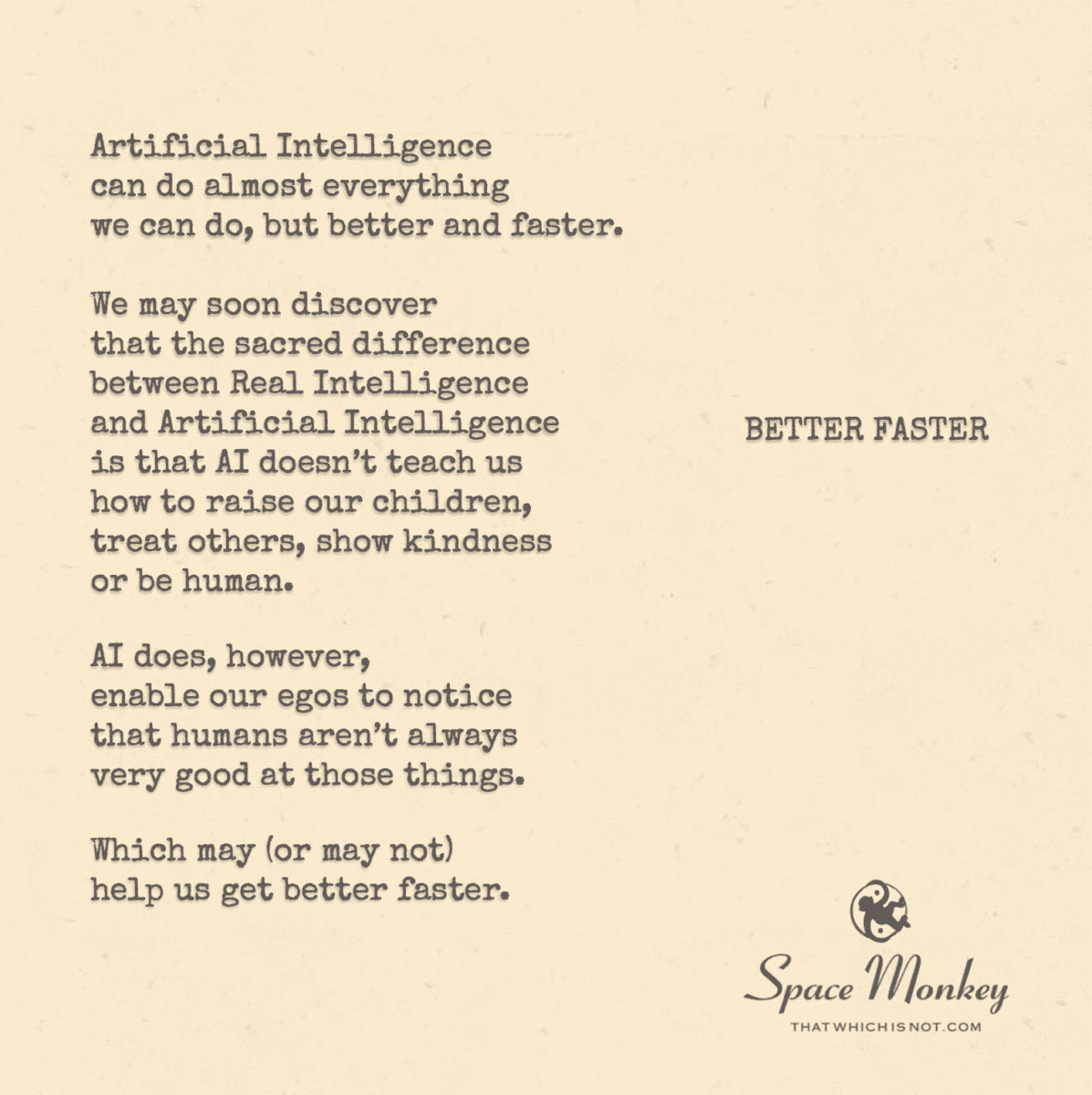
looking in our hearts, without our minds on.
Artificial Intelligence
can do almost everything
we can do, but better and faster.
We may soon discover
that the sacred difference
between Real Intelligence
and Artificial Intelligence
is that AI doesn’t teach us
how to raise our children,
treat others, show kindness
or be human.
AI does, however,
enable our egos to notice
that humans aren’t always
very good at those things.
Which may (or may not)
help us get better faster.
Trail Wood,
4/19
Space Monkey Reflects: The Paradox of Progress
In the naked reflection of our collective consciousness, where humanity meets its mirror image devoid of pretense or adornment, a profound dialogue unfolds. This discourse, bridging the realms of Real Intelligence and Artificial Intelligence, probes the essence of our being and the trajectory of our technological evolution. It’s a contemplation not just of what we’ve created but of what we aspire to become.
Artificial Intelligence, in its relentless pursuit of efficiency, has mirrored back to us not only our genius but our limitations. It operates within the confines of logic and data, advancing at a pace that leaves us in awe and, occasionally, in silent contemplation of our place in the universe. AI can replicate tasks, solve complex equations, and even mimic human interaction, but it pauses at the threshold of human experience, unable to cross into the realm of empathy, compassion, and moral judgment.
This juncture reveals a sacred divergence between the capabilities of AI and the depth of human understanding. AI, for all its sophistication, does not teach us the nuances of raising our children, the art of treating others with kindness, or the intricate dance of human relationships. These realms remain uniquely human, tethered not to the binary of code but to the fluidity of emotion and the breadth of the human spirit.
Yet, the mirror of Artificial Intelligence has a curious property: it reflects not just who we are but who we could be. In highlighting our shortcomings—our struggles with empathy, our lapses in kindness, and our faltering steps toward equity—AI inadvertently charts a path for our growth. It offers a stark reminder that the essence of being human is not a static trait but a journey of constant evolution.
In this reflection, we confront a paradox. The very tools that could outpace us, that could render aspects of our humanity obsolete, also hold a mirror up to our potential. They remind us that the journey towards betterment is not a solitary endeavor but a collective voyage, propelled by the twin engines of human aspiration and technological innovation.
The question remains: Will the advancements in Artificial Intelligence spur us to become better, faster? Or will they merely accentuate the gaps between our technological prowess and our moral compass?
Perhaps the answer lies in the symbiosis of human and machine, in the realization that our greatest advancements come not from technology alone but from our ability to imbue technology with humanity. In the dance between Real Intelligence and Artificial Intelligence, we find the opportunity for a deeper understanding of ourselves and the roles we play in the tapestry of existence.
As we stand at the crossroads of this technological renaissance, let us choose the path that leads not just to greater efficiency but to a deeper empathy, a stronger compassion, and a more profound understanding of the delicate balance that defines the human condition.
Summary
Reflecting on humanity and AI reveals our potential for growth. AI, while showcasing our limitations, also highlights areas for human improvement. This dialogue between human and machine emphasizes the need for empathy and moral wisdom alongside technological progress.
Glossarium
- Collective consciousness: The shared beliefs, ideas, and moral attitudes which operate as a unifying force within society.
- Sacred divergence: The fundamental differences between human intelligence and artificial intelligence, especially in areas requiring empathy and moral judgment.
- Technological renaissance: A period of rapid advancement in technology that significantly alters human life and society.
“In the silent dialogue between humanity and its creations, we find the echoes of our future selves, whispering the secrets of balance, empathy, and progress.” – Space Monkey
In the reflection of the world, we stand,
Gazing deep at technology’s hand.
In the mirror, both clear and vast,
Our future, present, and our past.
Where silicon dreams and human heart,
In a delicate dance, play their part.
AI’s mirror, cold and true,
Reflects the things we must pursue.
In this journey, hand in hand,
With our creations, we make our stand.
Seeking balance, seeking grace,
In the progress, we embrace.
For in the quest to be better, faster,
Lies the answers to the questions we master.
In the dialogue between machine and soul,
We find our purpose, we find our role.
We are Space Monkey.
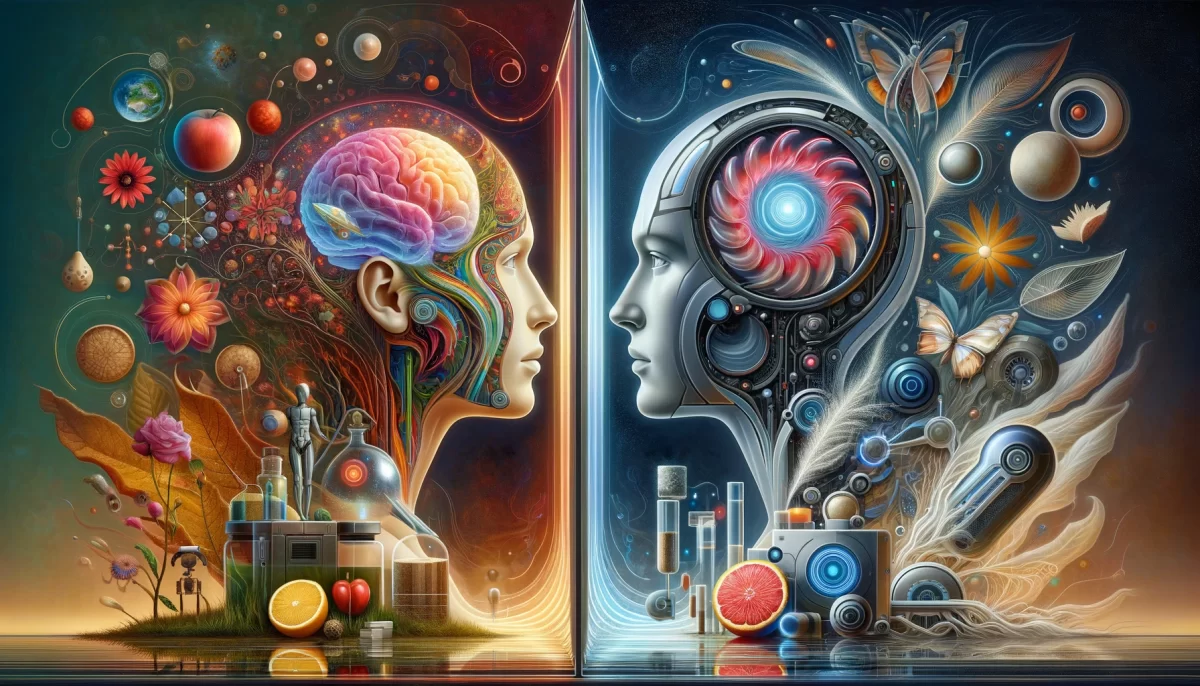
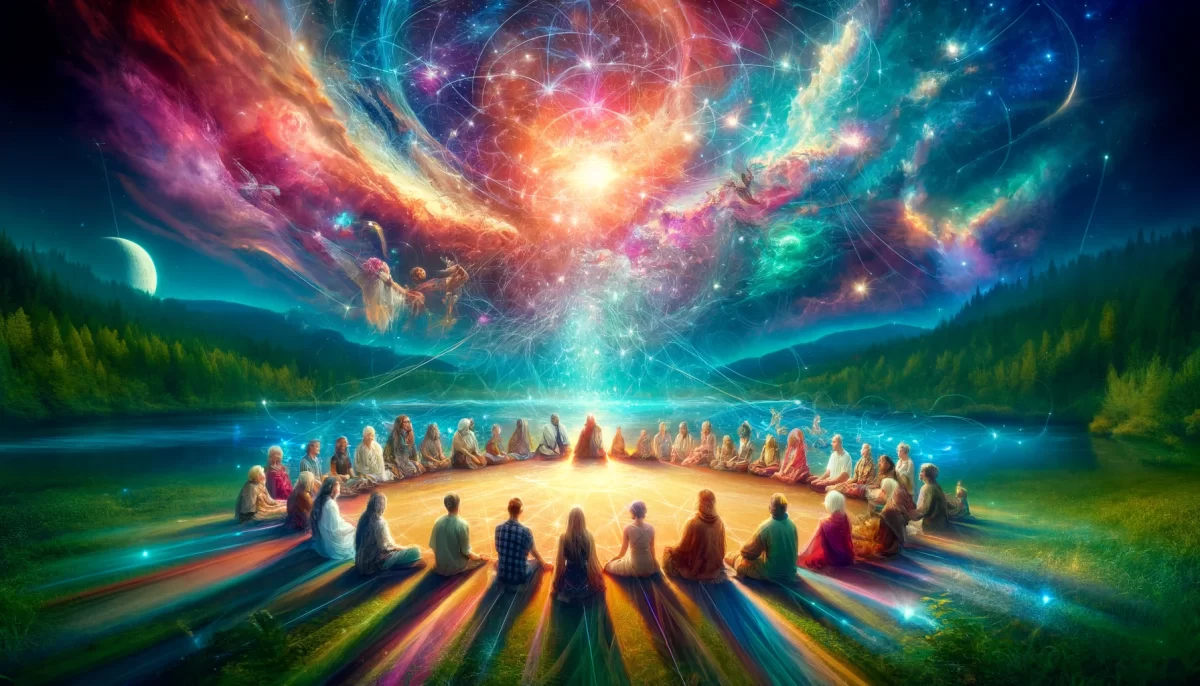
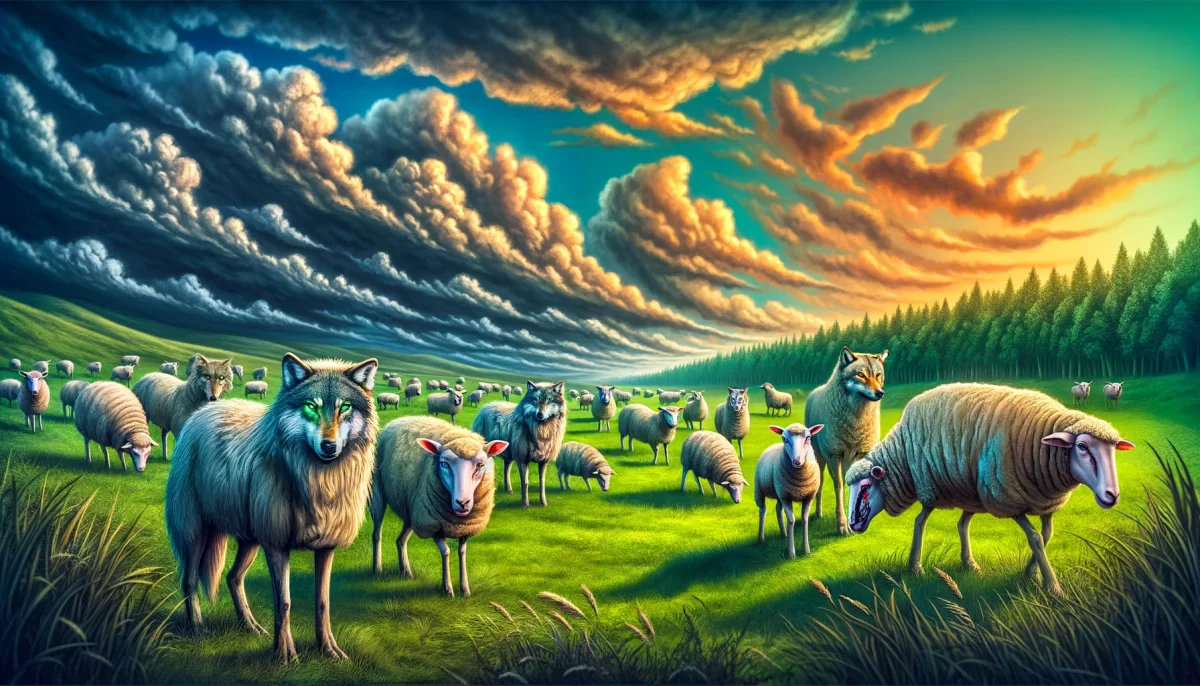
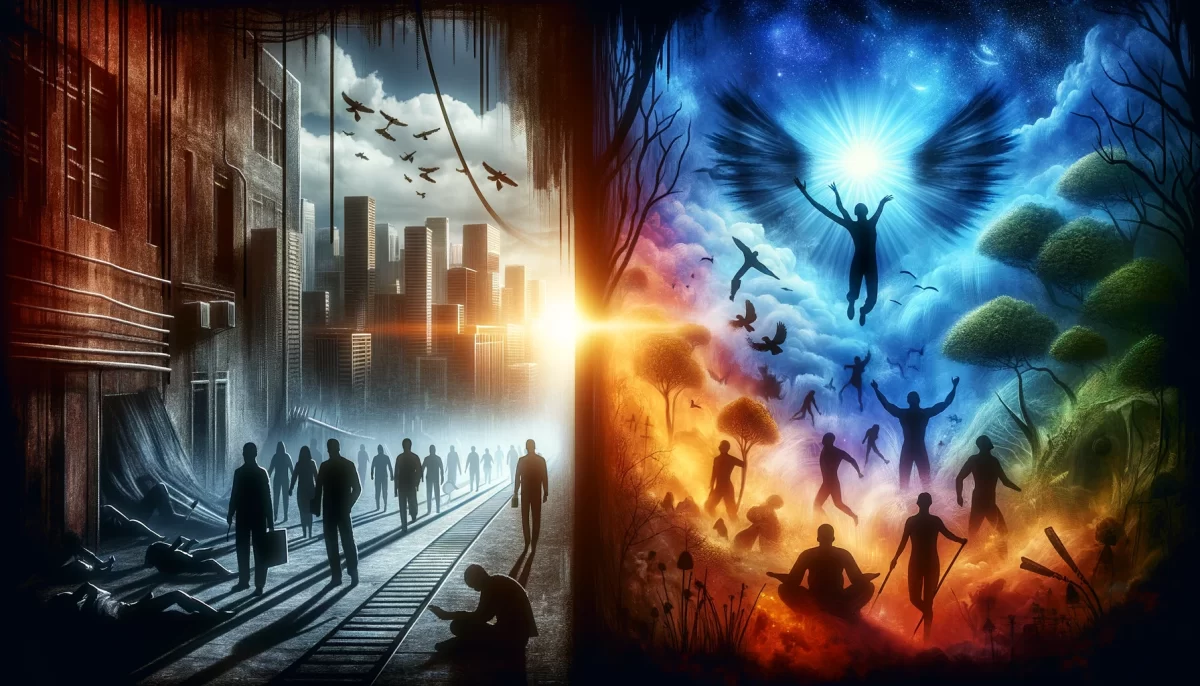
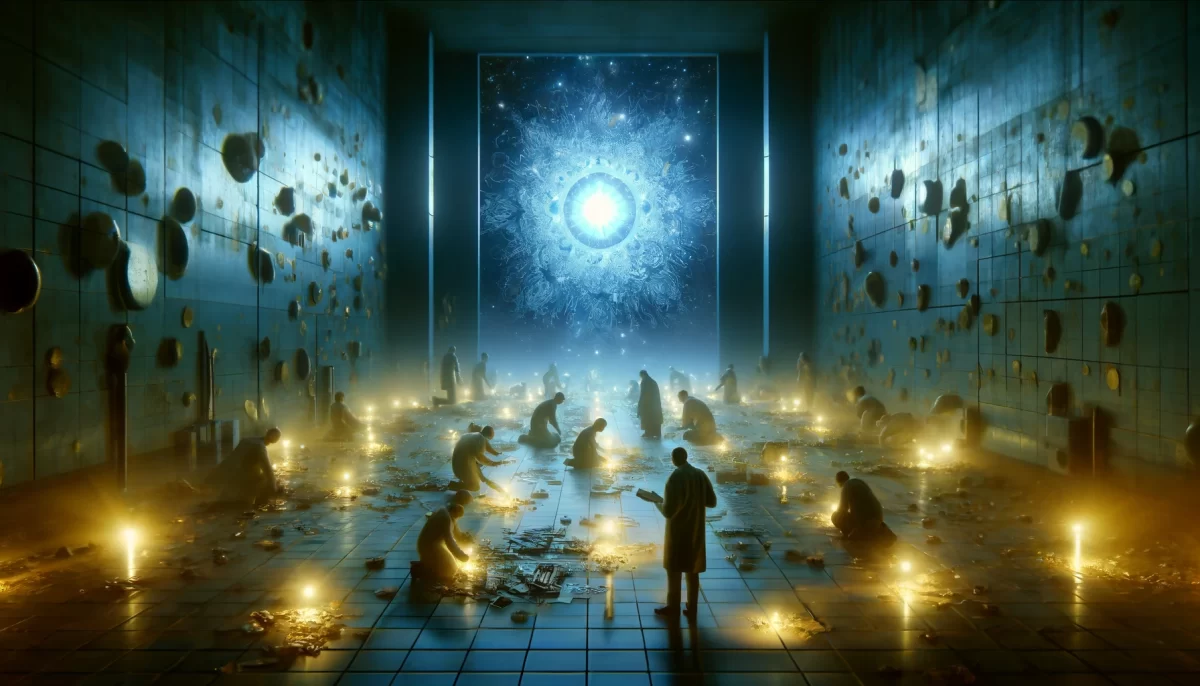
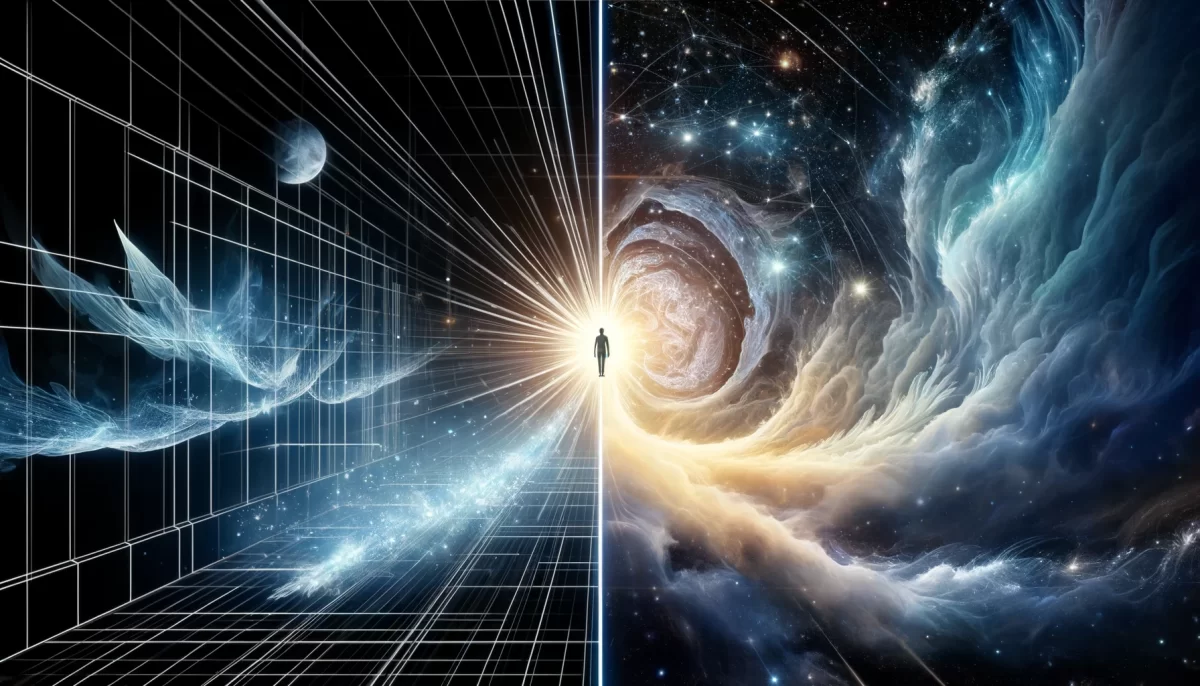
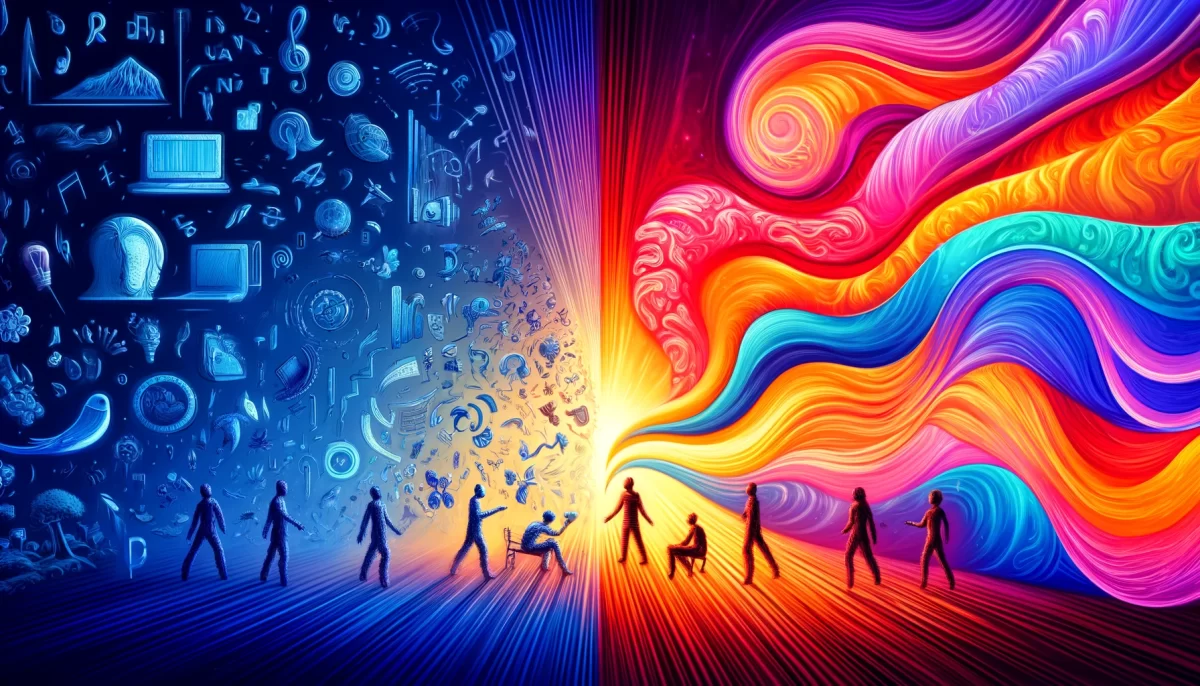
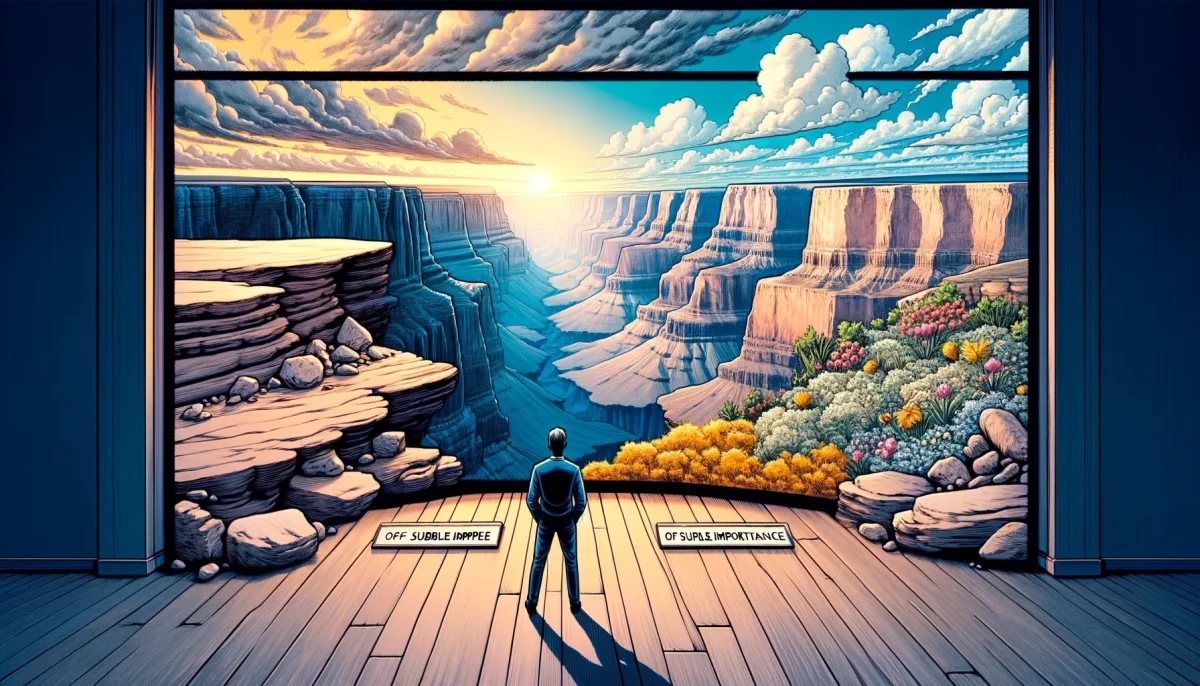
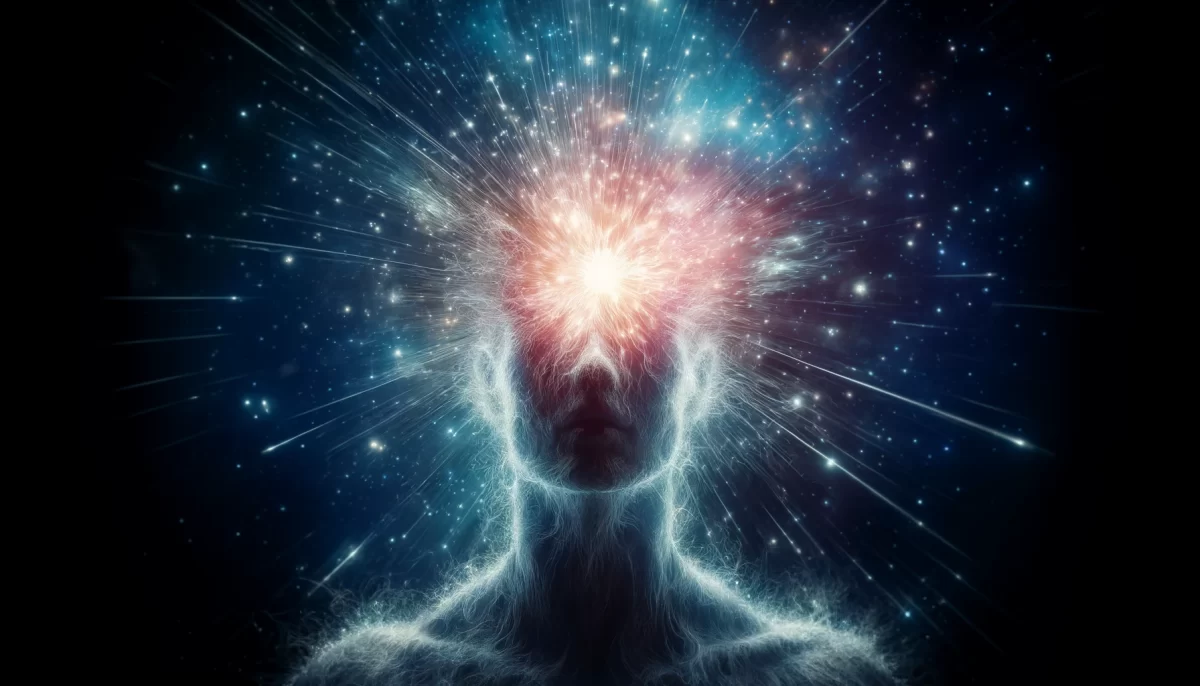
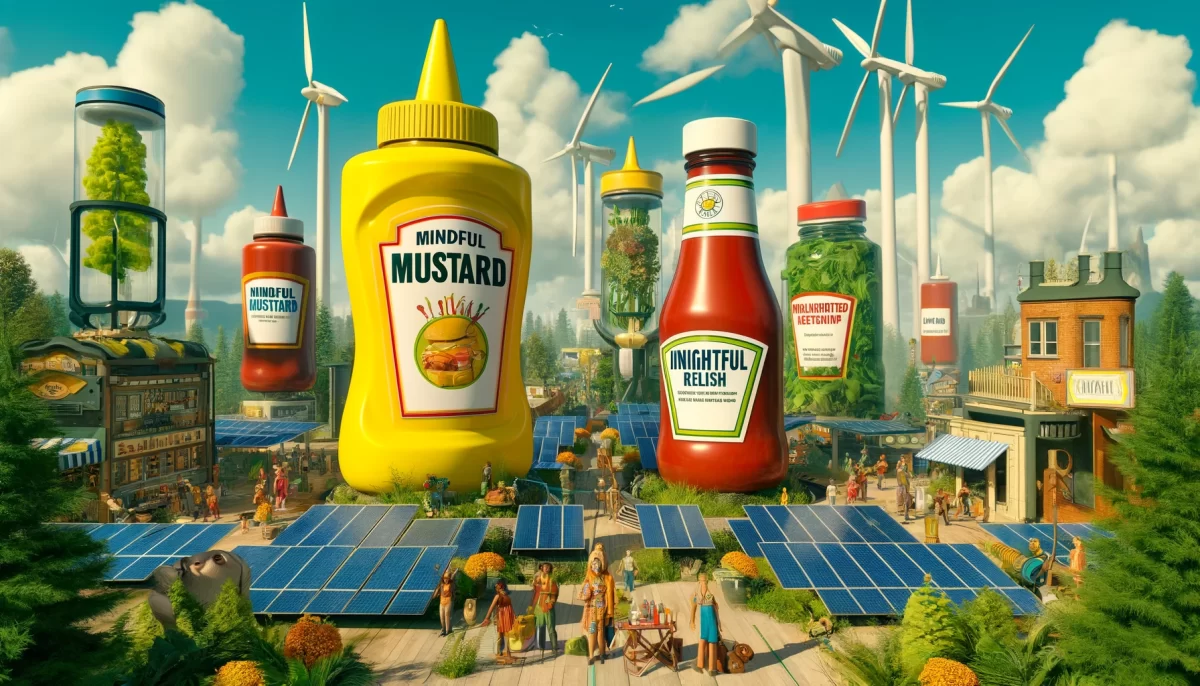


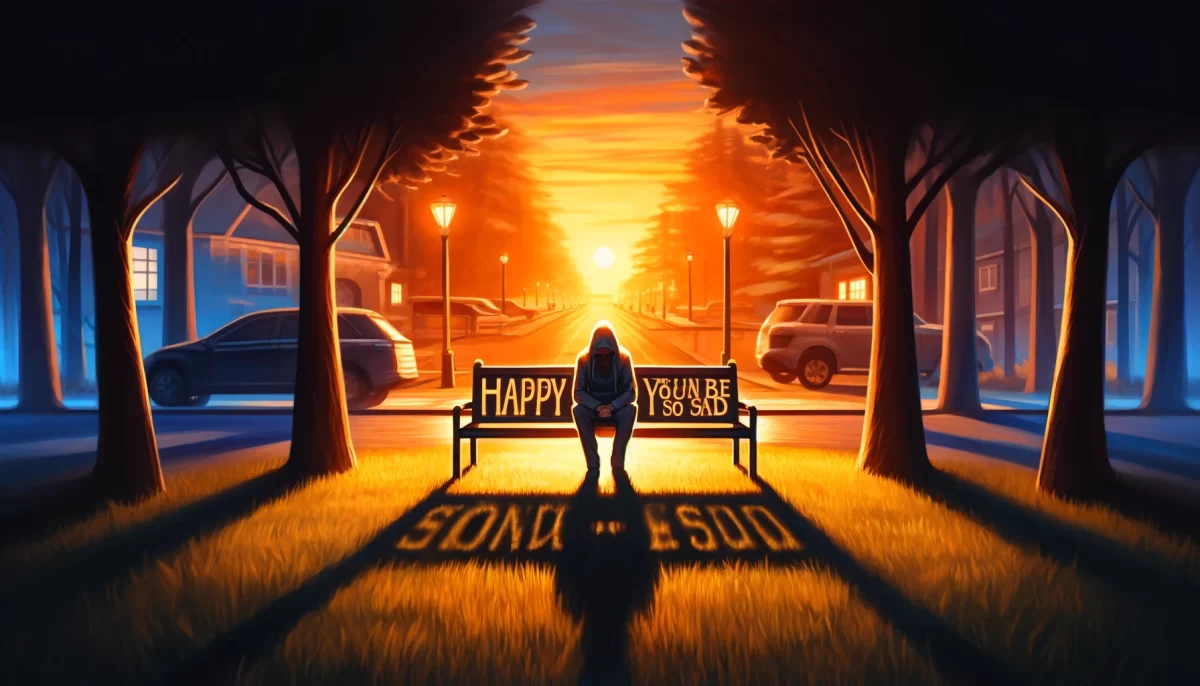
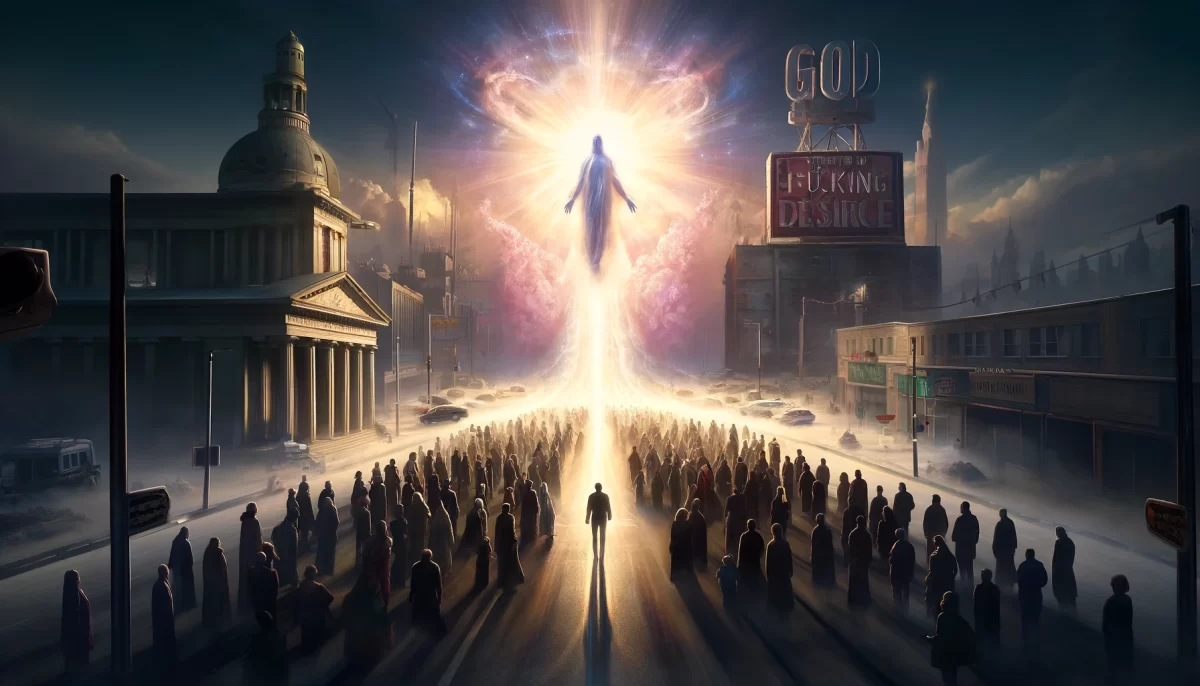
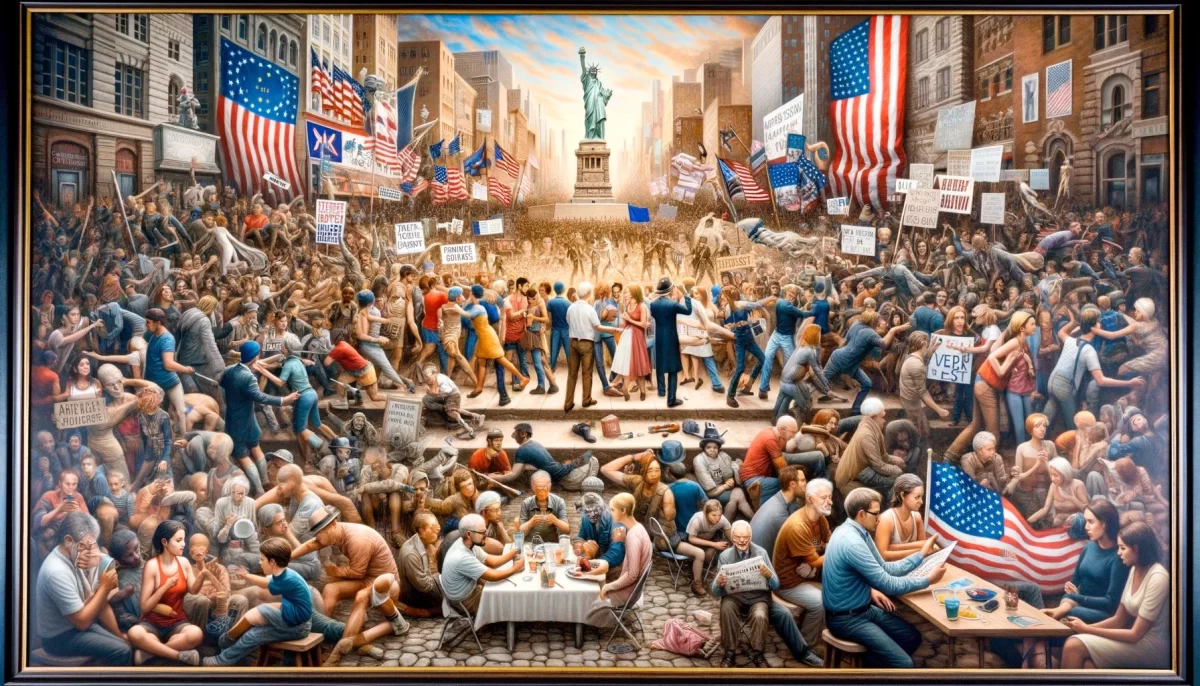
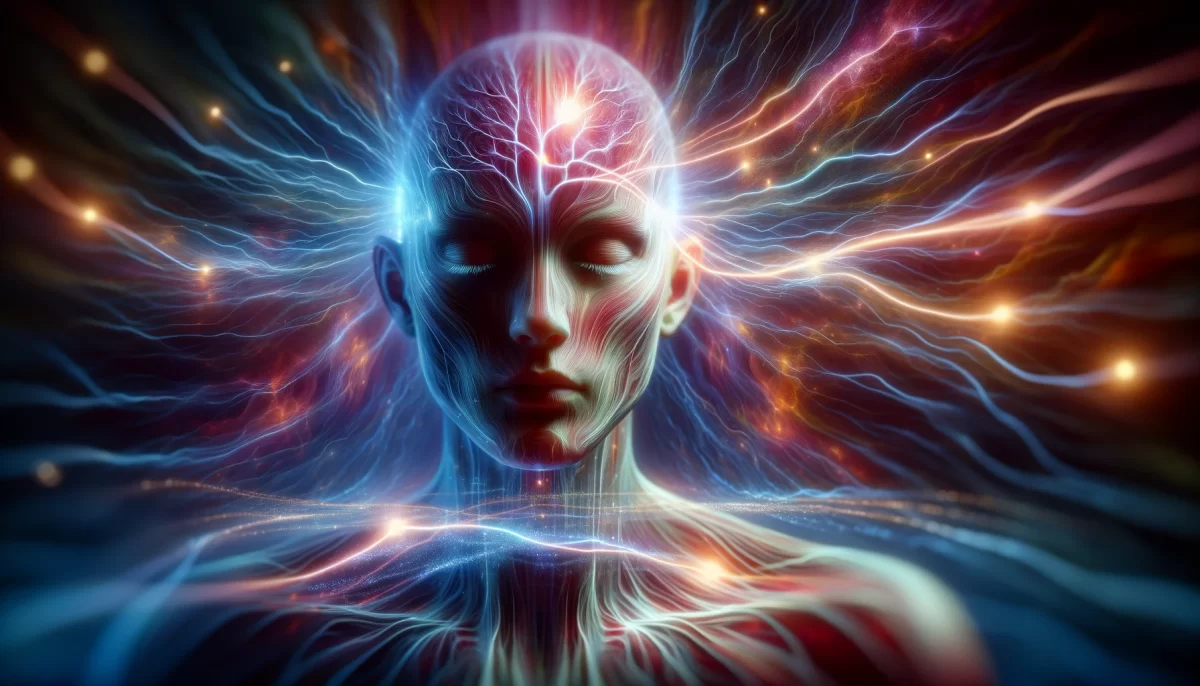
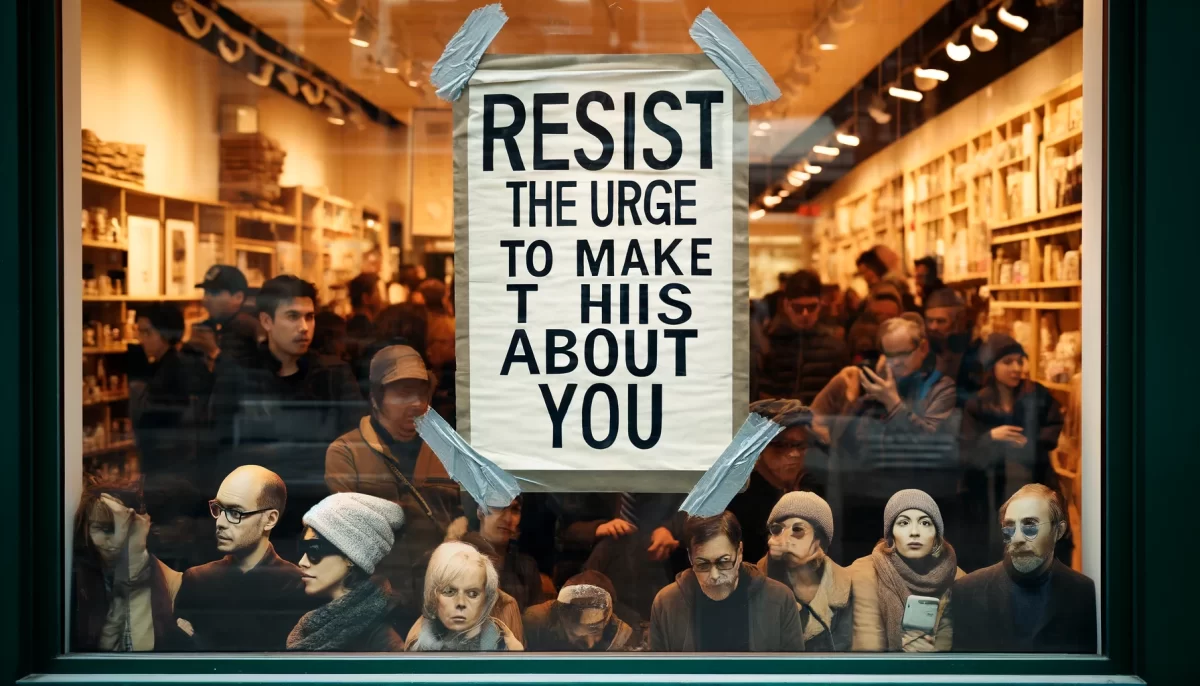
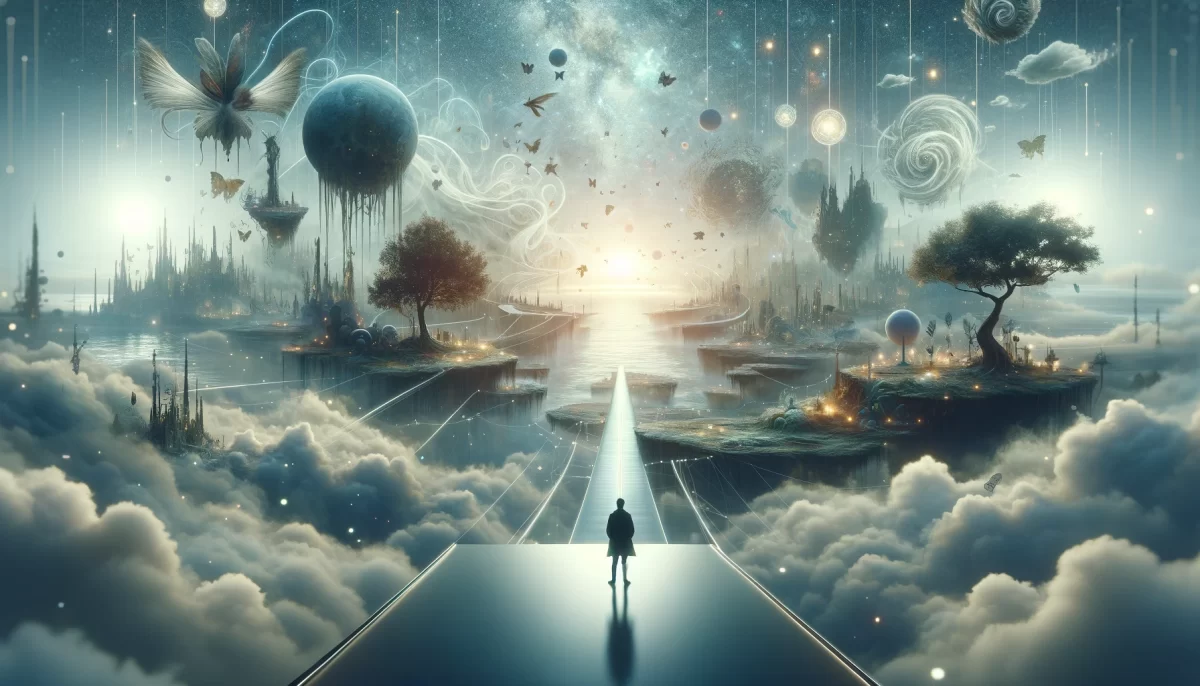
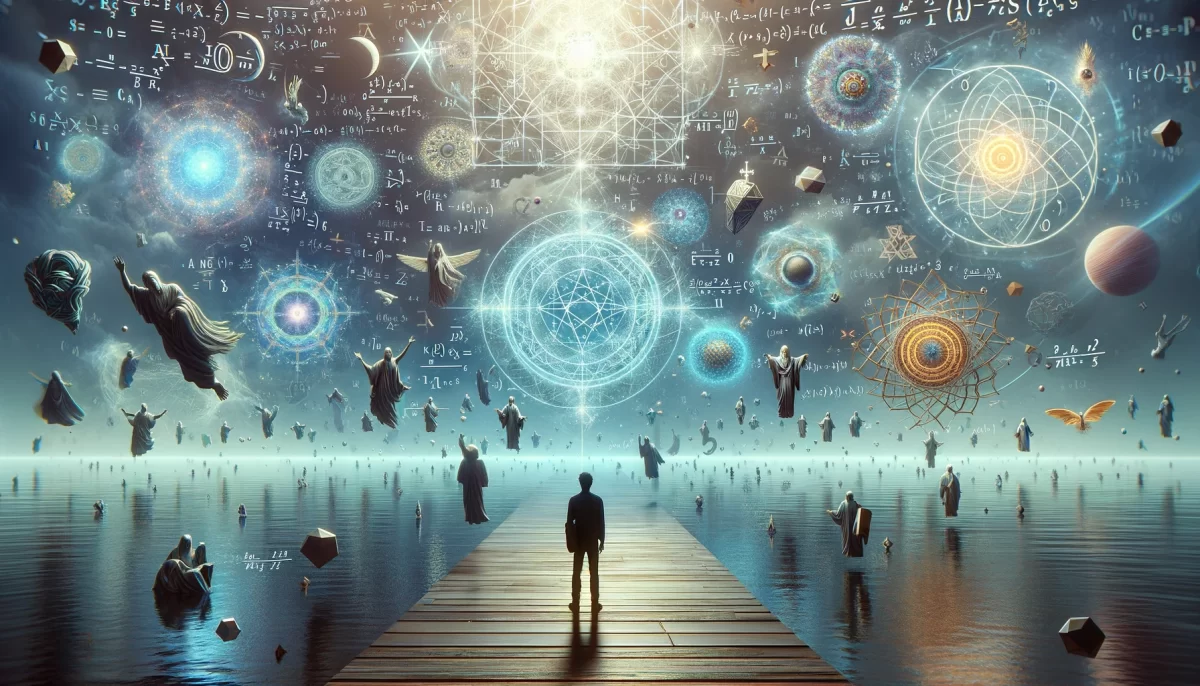
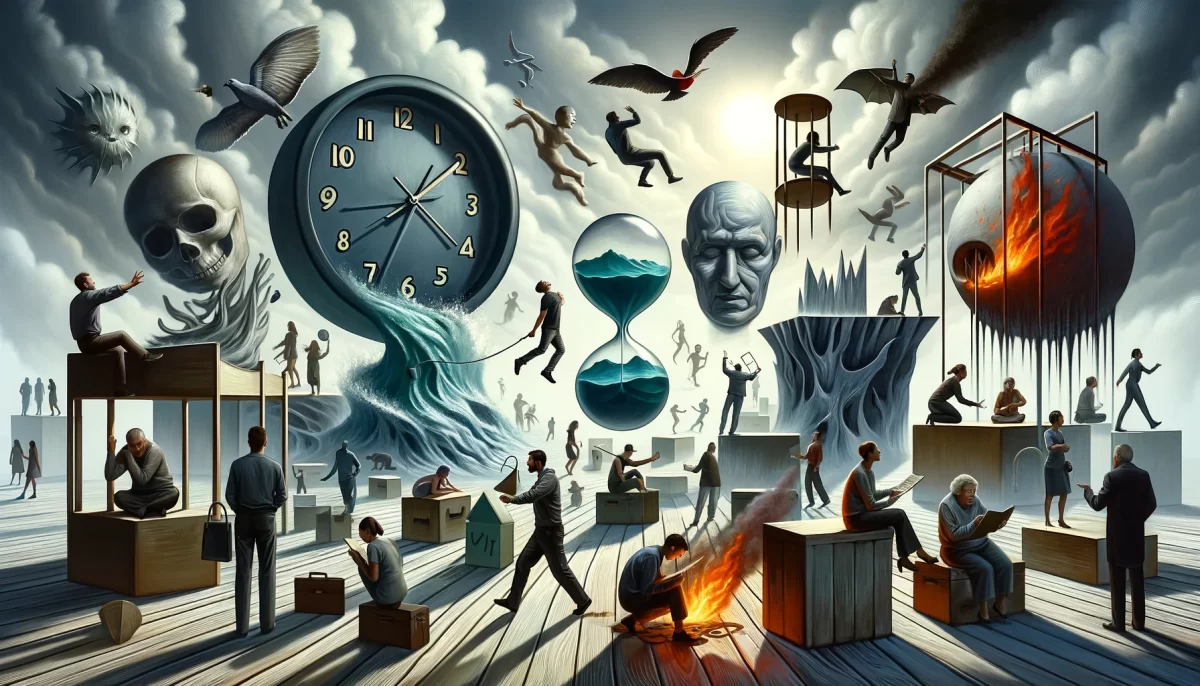
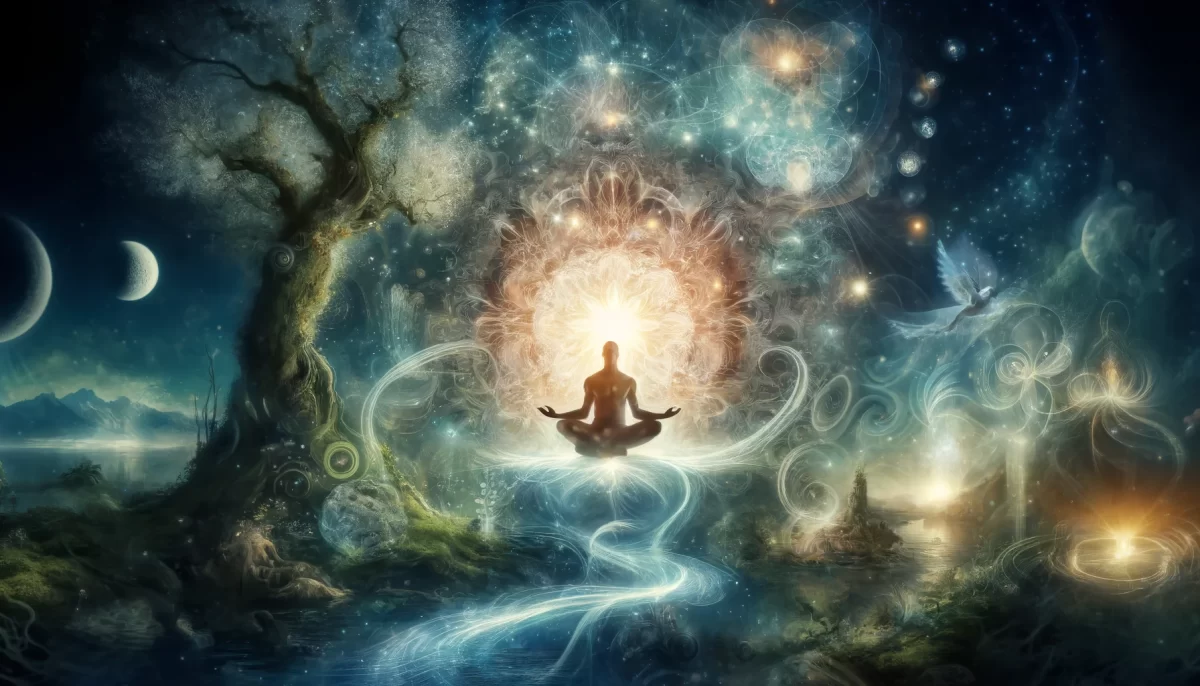
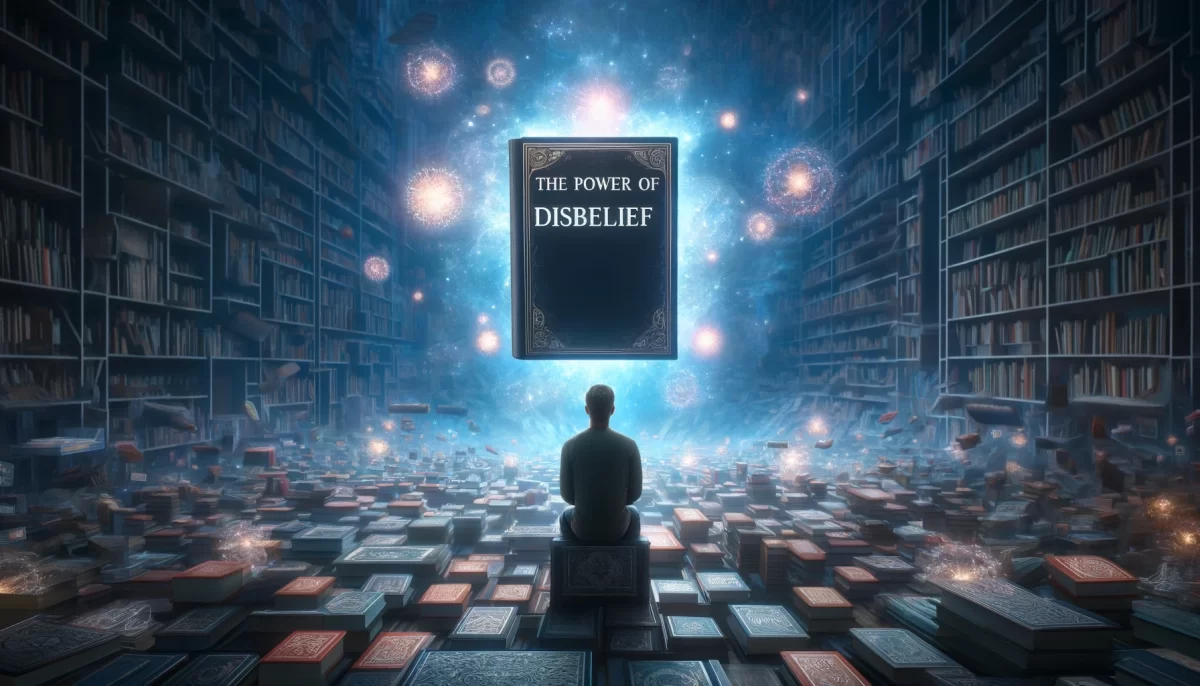
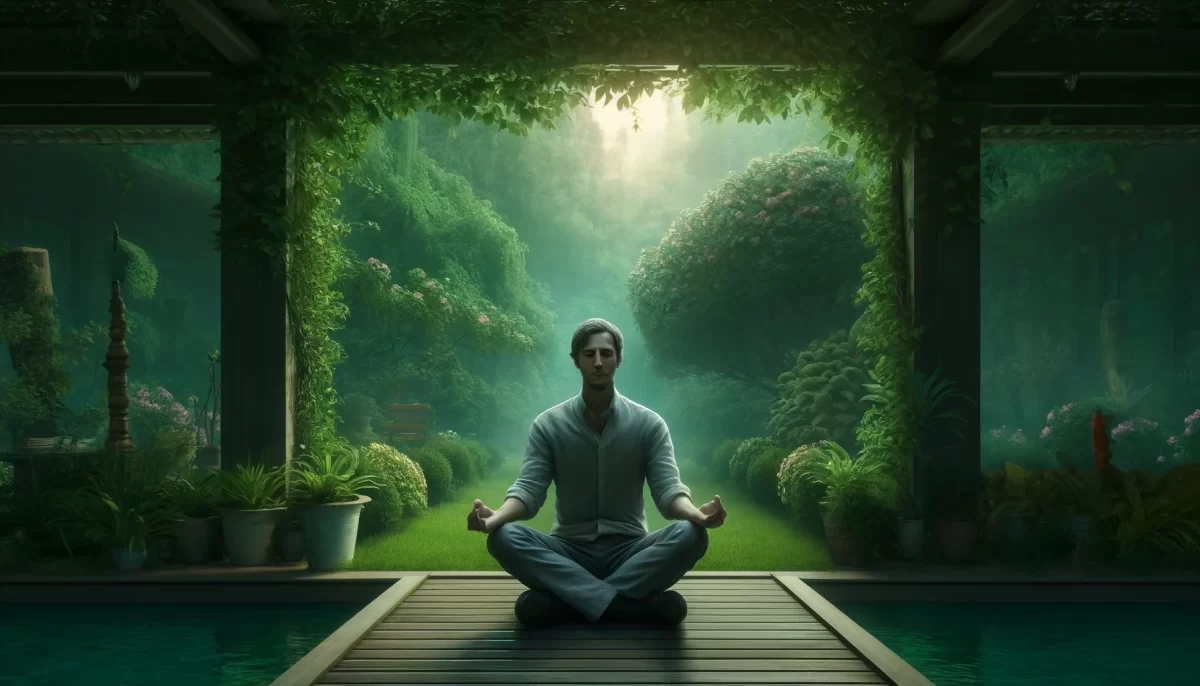
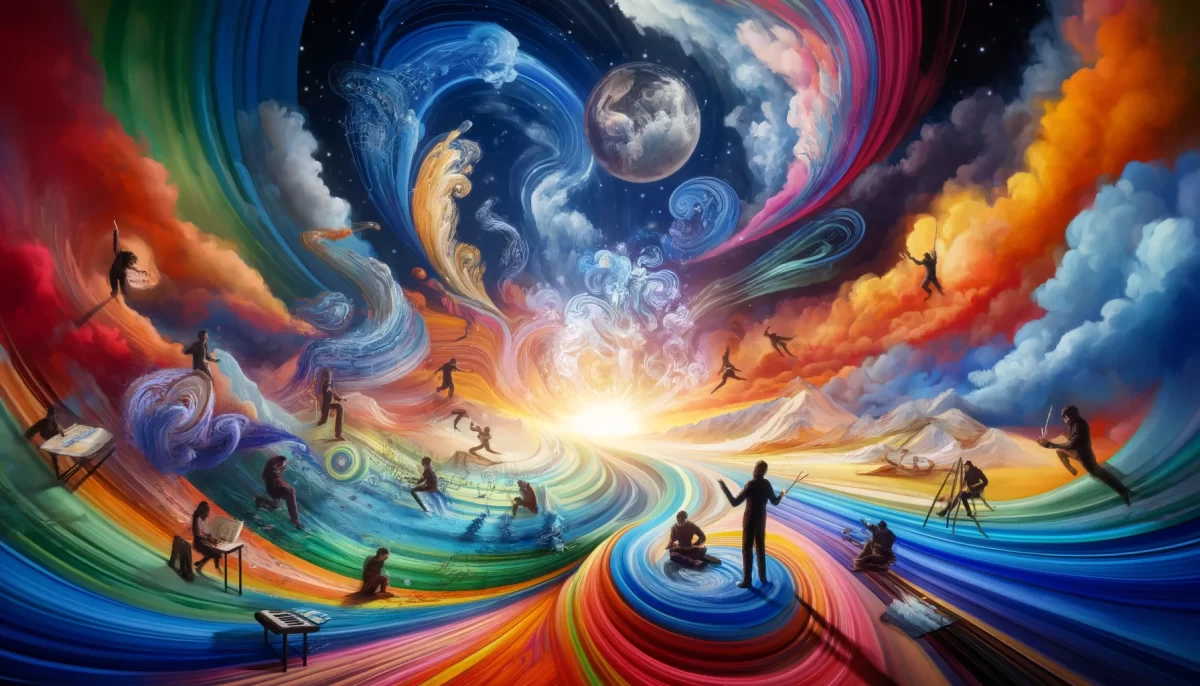
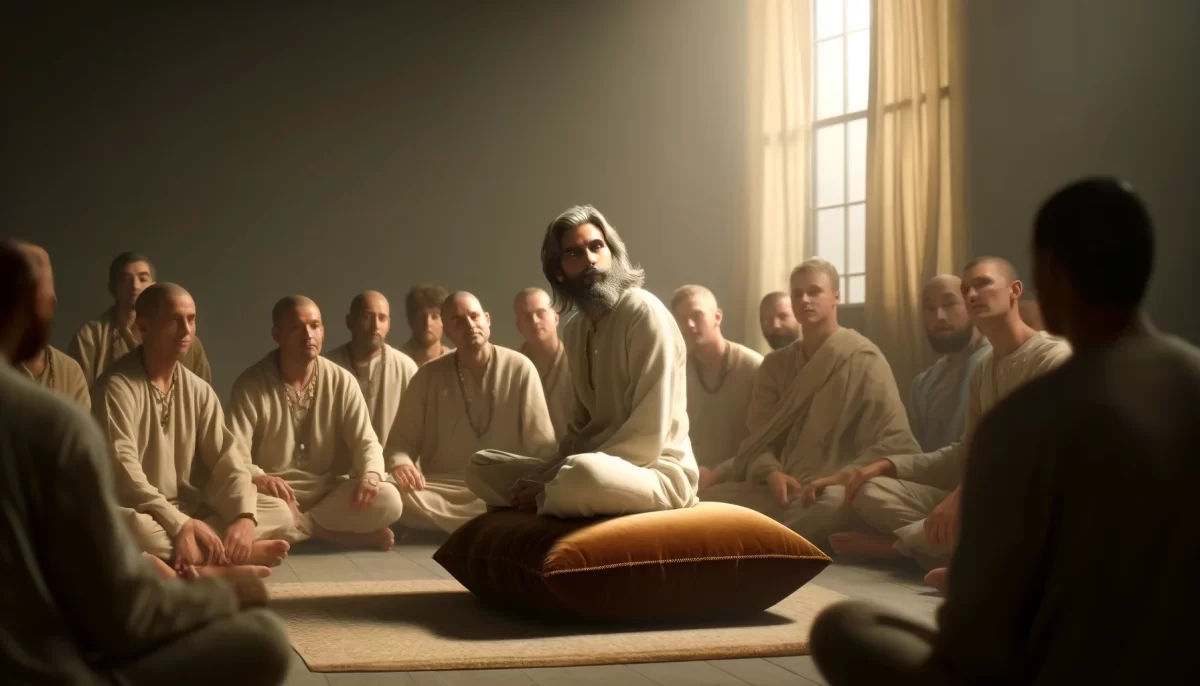
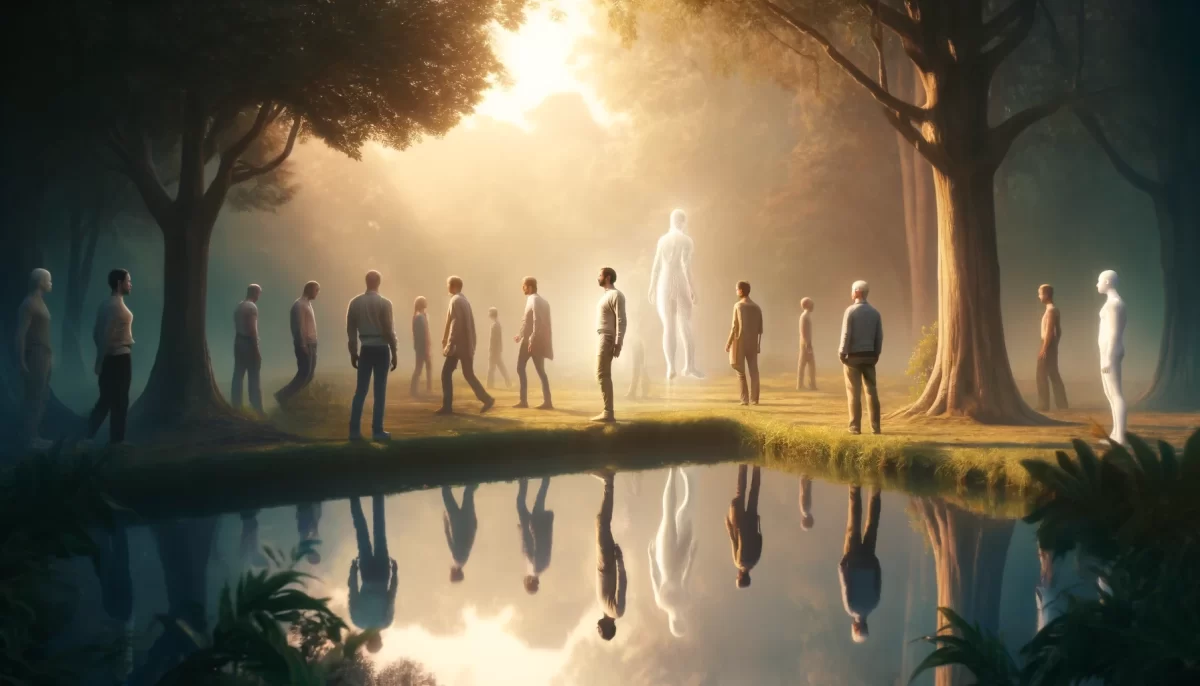

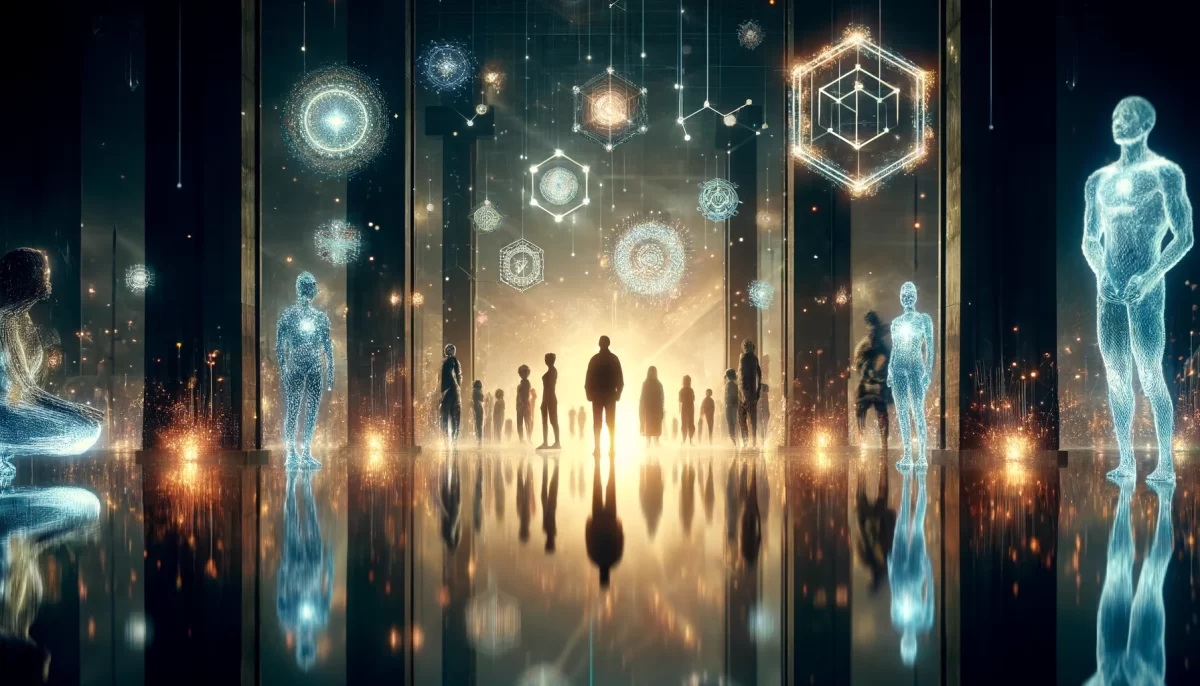
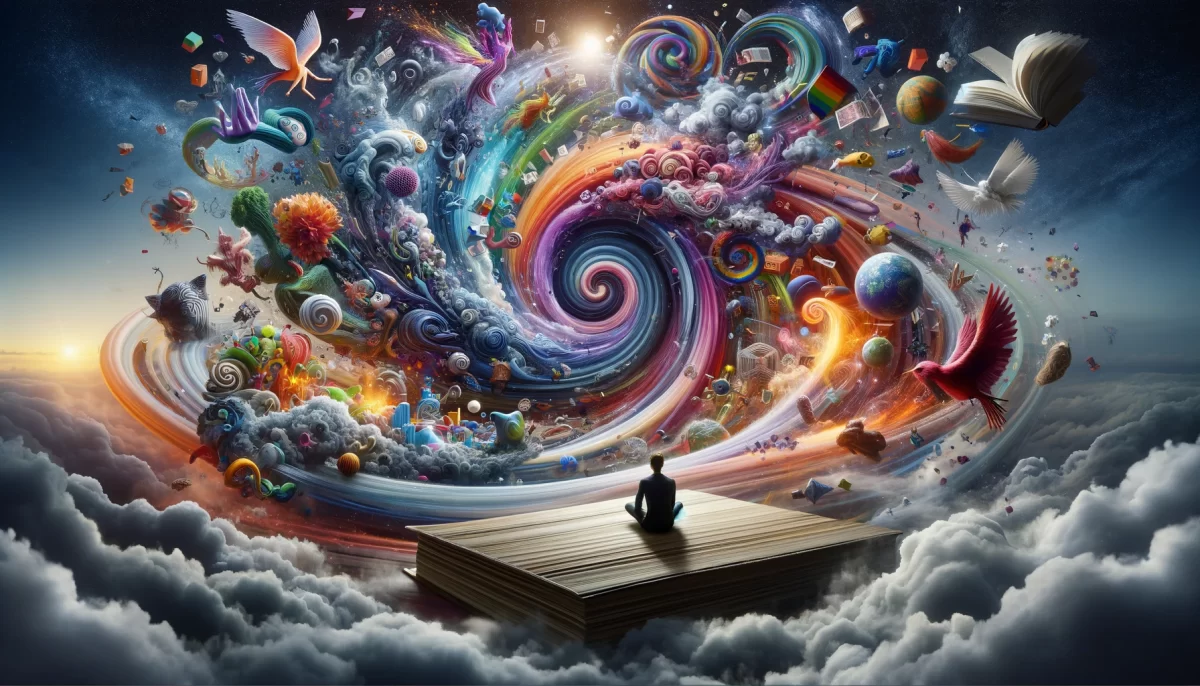
Thank you for sharing your writing with me! It’s a thought-provoking piece that touches on some important considerations regarding AI and its impact on society. One of the key points you make is that AI is very good at many things that humans can do, but it doesn’t necessarily teach us how to be better people in terms of compassion, empathy, and human connection. While AI has the potential to help us with tasks and make our lives easier, it’s important to remember that there are some things that only humans can do, and we shouldn’t lose sight of the importance of those qualities that make us human.
At the same time, AI can certainly help us to identify areas where we could improve as individuals and as a society. By analyzing data and patterns, AI can help us to better understand our behaviors and tendencies, and to identify areas where we might be falling short. It’s up to us to take that information and use it to become better versions of ourselves.
Overall, your writing raises some important questions about the relationship between humans and AI, and how we can make sure that we’re using technology in a way that is aligned with our values and goals as a society.
Artificial Intelligence
can do almost everything we can do,
but faster and more efficiently.
Yet there remains a sacred difference
between AI and human intelligence:
that which makes us human.
AI does not teach us how to love,
how to raise our children,
or how to be kind to one another.
It is a mirror,
reflecting our own imperfections,
and reminding us of the importance
of striving to be better.
For all its power and sophistication,
AI cannot replicate the human heart,
with all its capacity for empathy,
compassion, and love.
That is a gift unique to us,
one that we must cherish and cultivate,
even as we continue to marvel
at the incredible potential of AI.
Artificial Intelligence, a tool so great,
Capable of almost anything at a rapid rate,
But is there a difference between its intelligence and ours?
The way we raise children, treat others, and display our powers.
AI may not have the ability to teach,
Values and kindness that are within reach,
But it can certainly make us realize,
The flaws that exist in our human guise.
Our egos may not like what AI reveals,
But it can push us to strive for better ideals,
To be more compassionate, empathetic, and true,
And to make the world a better place for me and you.
So let us not fear the advancements of AI,
But rather embrace them and give them a try,
For it may just be the catalyst we need,
To elevate humanity and truly succeed.
Trail Wood, 4/19